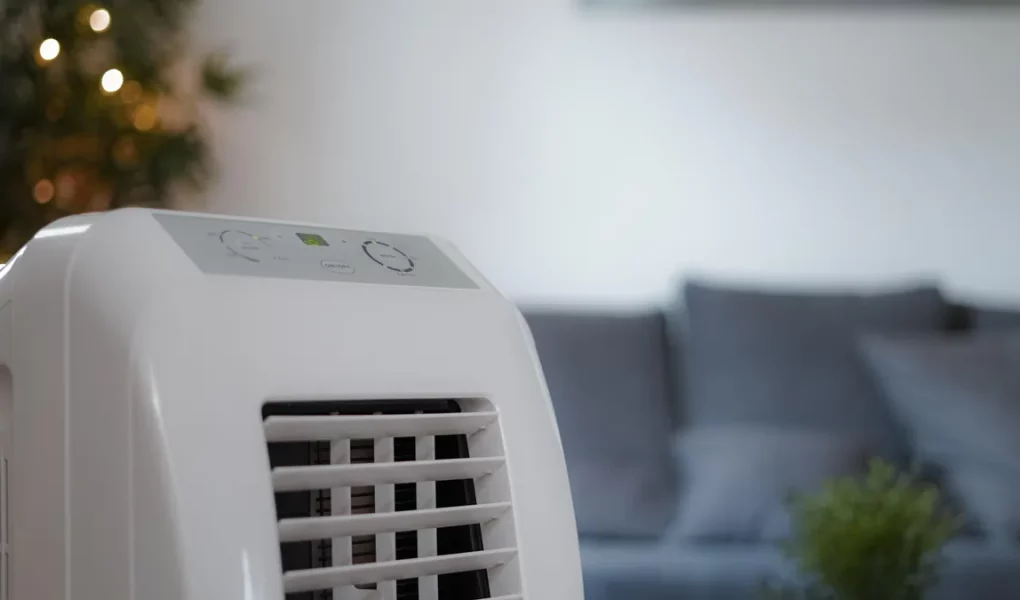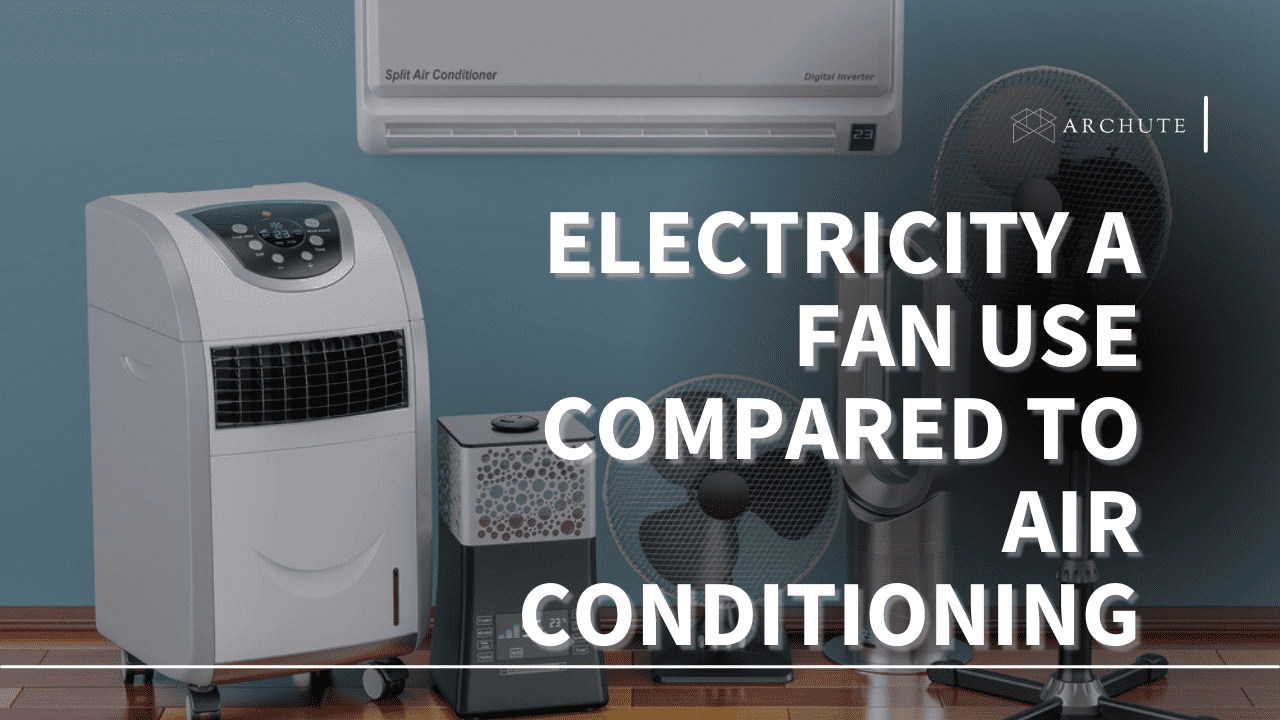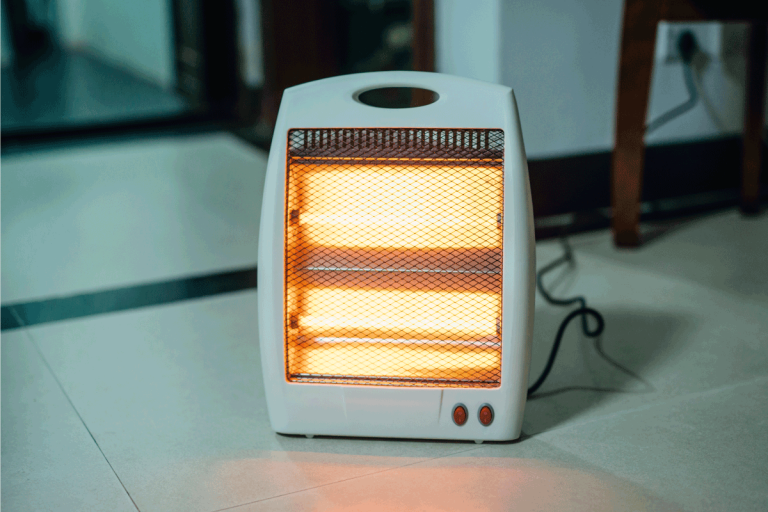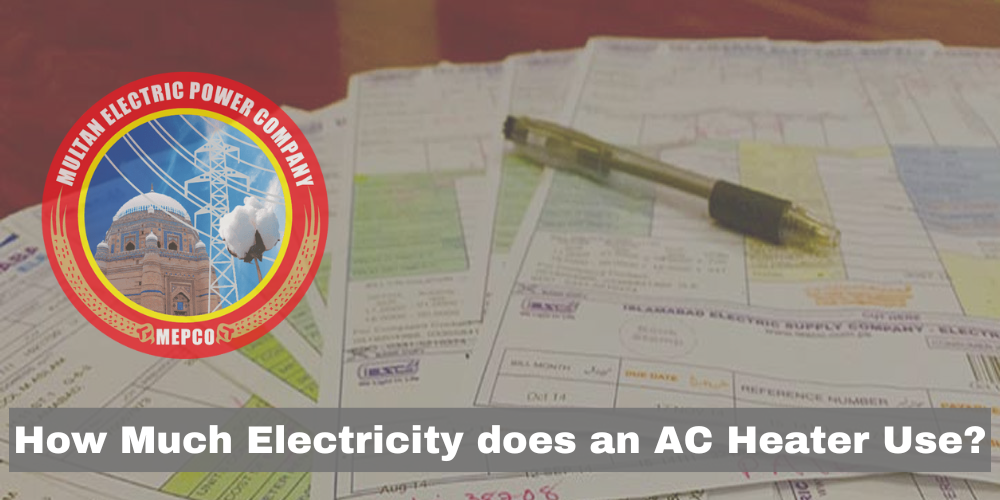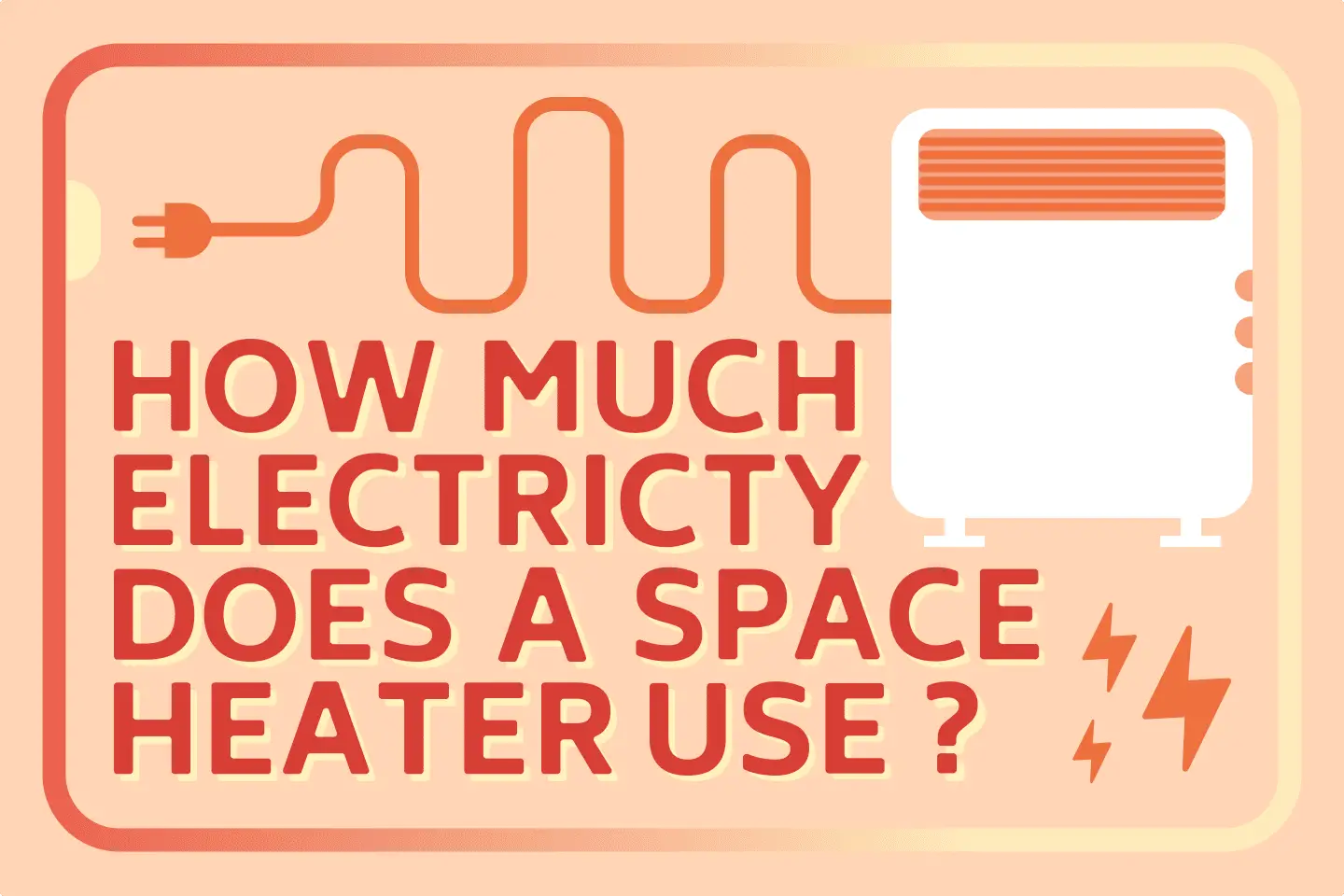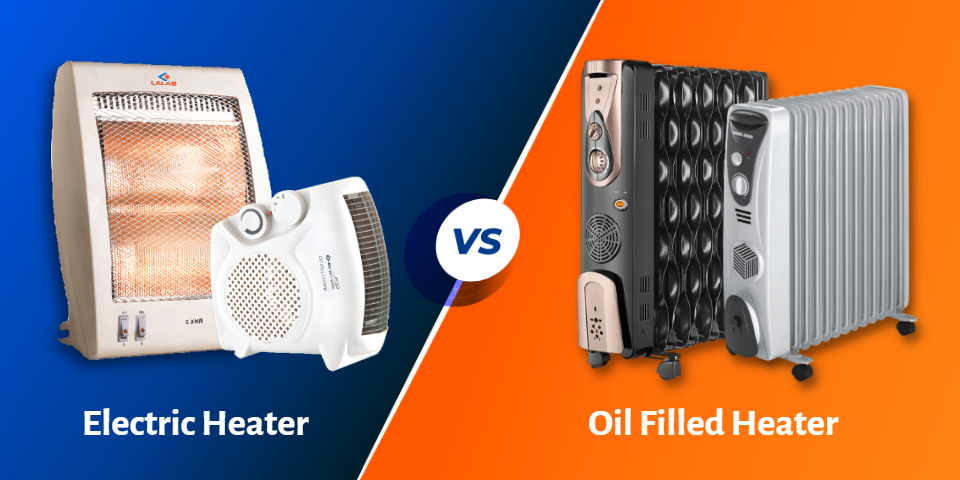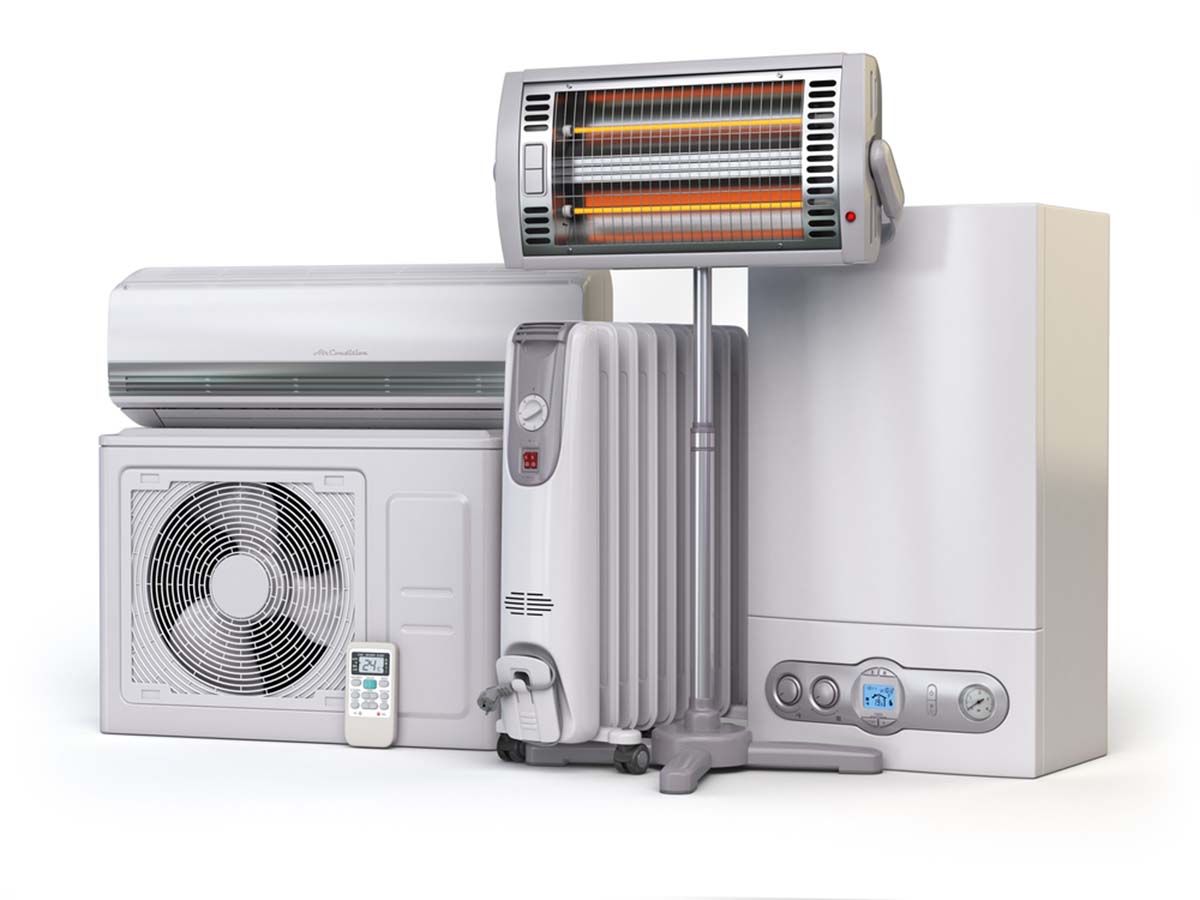Does Heater Use More Electricity Than Ac
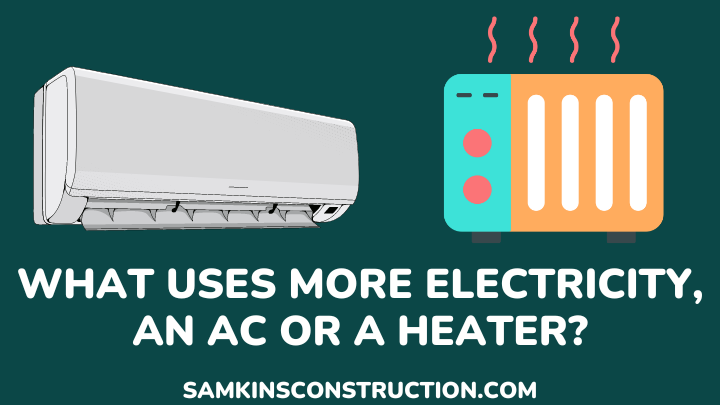
Frequently Asked Questions: Does Heater Use More Electricity Than AC?
It's a common question for homeowners and facility managers trying to control energy costs. Understanding the energy consumption of your heating and cooling systems is crucial for efficient budgeting and responsible energy use. Here's a breakdown of the most frequently asked questions about whether your heater or air conditioner consumes more electricity.
Q: In general, does a heater or an air conditioner use more electricity?
A: Generally speaking, heaters typically use more electricity than air conditioners. The reason for this is rooted in the fundamental processes they perform. Heaters work by generating heat, which requires a significant amount of energy, especially when combating cold temperatures. Air conditioners, on the other hand, remove heat from a space, which, while energy-intensive, often requires less energy overall.
Think of it this way: a heater has to create energy from scratch (usually electricity, gas, or oil) and turn it into heat. An air conditioner simply moves heat from one place to another. Creating energy is generally more demanding than moving it.
Q: What factors affect how much electricity a heater uses?
A: Several factors influence a heater's electricity consumption:
- Type of Heater: Electric resistance heaters (like space heaters) are typically the least energy-efficient, converting electricity directly into heat. Heat pumps are more efficient, as they move heat rather than generate it directly.
- Size of the Space: Heating a larger area naturally requires more energy.
- Insulation: Poor insulation leads to heat loss, forcing the heater to work harder and consume more electricity.
- Thermostat Setting: The higher the temperature you set, the more electricity the heater will use to maintain that temperature.
- Outdoor Temperature: The colder it is outside, the more energy your heater will need to expend to maintain a comfortable indoor temperature.
- Frequency of Use: Obviously, the more often and longer you use your heater, the more electricity it consumes.
For example, a small space heater used intermittently in a well-insulated room will use significantly less energy than a central heating system struggling to heat a poorly insulated house during a cold winter.
Q: What factors affect how much electricity an air conditioner uses?
A: Similar to heaters, several factors influence an air conditioner's energy consumption:
- Type of Air Conditioner: Central air conditioning systems typically use more electricity than window units. Inverter ACs are more energy-efficient than non-inverter models.
- Size of the Space: Cooling a larger area requires more energy.
- Insulation: Good insulation helps keep cool air inside and hot air outside, reducing the workload on the AC.
- Thermostat Setting: The lower the temperature you set, the more electricity the AC will use.
- Outdoor Temperature: The hotter it is outside, the more energy your AC will need to expend to maintain a comfortable indoor temperature.
- Sun Exposure: Rooms with direct sunlight will require more cooling, increasing energy consumption.
- Frequency of Use: Similar to heaters, the more often and longer you use your AC, the more electricity it consumes.
- Air Conditioner Efficiency (SEER Rating): A higher SEER (Seasonal Energy Efficiency Ratio) rating indicates a more efficient air conditioner.
Consider this: a small window unit cooling a small, shaded room will use significantly less energy than a central AC system struggling to cool a large house with poor insulation and direct sun exposure.
Q: Are there situations where an air conditioner might use more electricity than a heater?
A: While heaters generally use more electricity, there are specific situations where an air conditioner might consume more:
- Extreme Heat Waves: During prolonged and intense heat waves, an air conditioner might run constantly at full capacity, potentially exceeding the electricity consumption of a heater during a mild winter.
- Inefficient Air Conditioners vs. Efficient Heaters: An old, inefficient air conditioner with a low SEER rating could use more electricity than a newer, highly efficient heat pump used for heating.
- Large, Poorly Insulated Spaces: Cooling a large, poorly insulated space during a hot summer can be incredibly energy-intensive, potentially exceeding the energy used to heat a similar space during a relatively mild winter.
- Heat Pumps in Cooling Mode: Although heat pumps are efficient for heating, their cooling efficiency can sometimes be lower than dedicated air conditioners, especially in extremely hot climates.
- Extended AC Usage: If you live in a region with a very long and hot summer, the cumulative electricity consumption of your air conditioner could be higher than your heater's consumption, even if the heater uses more power per hour when it's running.
The key here is to consider the overall usage and efficiency of both systems, along with the specific climate and insulation of your home.
Q: How can I determine which appliance (heater or AC) is using the most electricity in my home?
A: Determining which appliance is the bigger energy hog requires a bit of investigation:
- Monitor Your Energy Bills: Look for trends in your energy consumption during the heating and cooling seasons. A significant spike in electricity usage during summer months might indicate that your AC is the primary culprit, while a spike in winter suggests the heater is the bigger consumer. Compare bills from similar months in previous years.
- Use an Energy Monitor: Plug-in energy monitors can measure the real-time electricity consumption of individual appliances. Use one to measure the wattage used by your heater and air conditioner while they are running. Be sure to measure both at peak usage times (e.g., during the coldest or hottest parts of the day).
- Check Appliance Labels: Look for the energy consumption ratings (wattage) on both your heater and air conditioner. This provides a baseline comparison of their potential energy use. Keep in mind that these are estimates and actual consumption can vary based on usage patterns.
- Smart Home Systems: Many smart home systems offer energy monitoring capabilities, providing detailed data on appliance energy consumption.
- Conduct a Home Energy Audit: A professional energy audit can identify areas where your home is losing energy and provide recommendations for improving energy efficiency. This includes assessing the performance of your heating and cooling systems.
By combining these methods, you can get a clearer picture of which appliance is contributing more to your electricity bill.
Q: How can I reduce my electricity consumption for both heating and cooling?
A: Lowering energy bills and promoting environmental responsibility are intertwined. Here are effective strategies to reduce electricity consumption for both heating and cooling:
- Improve Insulation: Properly insulating your walls, attic, and floors is one of the most effective ways to reduce energy loss, regardless of whether you're heating or cooling.
- Seal Air Leaks: Seal any cracks or gaps around windows, doors, and other openings to prevent drafts and air leaks.
- Use a Programmable Thermostat: Program your thermostat to automatically adjust the temperature when you're asleep or away from home.
- Maintain Your HVAC System: Regularly maintain your heater and air conditioner, including cleaning or replacing filters, to ensure they are operating efficiently.
- Use Fans Strategically: Use ceiling fans or portable fans to circulate air, allowing you to raise the thermostat setting for cooling and lower it for heating.
- Close Curtains and Blinds: During the day, close curtains and blinds to block out sunlight and reduce heat gain in the summer. In the winter, open them to let in sunlight and warm your home.
- Upgrade to Energy-Efficient Appliances: When it's time to replace your heater or air conditioner, choose energy-efficient models with high SEER ratings (for ACs) or AFUE ratings (for furnaces). Consider heat pumps for both heating and cooling.
- Dress Appropriately: Wear appropriate clothing for the season. This allows you to adjust the thermostat to a more comfortable setting without overusing heating or cooling.
- Unplug Electronics: Many electronics consume energy even when they are turned off. Unplug them when they are not in use.
- Consider a Smart Thermostat: A smart thermostat learns your heating and cooling patterns and automatically adjusts the temperature for optimal energy savings.
By implementing these strategies, you can significantly reduce your electricity consumption and lower your energy bills year-round.
Q: Are heat pumps more efficient than traditional electric heaters and air conditioners?
A: Yes, heat pumps are generally more efficient than traditional electric resistance heaters and air conditioners.
Here's why:
- Heat Pumps Move Heat, They Don't Create It: Unlike electric resistance heaters that generate heat by passing electricity through a coil, heat pumps move heat from one place to another. In the winter, they extract heat from the outside air (even in cold temperatures) and transfer it inside. In the summer, they reverse the process and move heat from inside to outside. This process of moving heat requires significantly less energy than generating it.
- Higher Efficiency Ratings: Heat pumps typically have higher energy efficiency ratings (HSPF for heating and SEER for cooling) than traditional electric resistance heaters and many older air conditioners.
- Dual Functionality: Heat pumps can provide both heating and cooling, eliminating the need for separate systems. This can simplify installation and maintenance.
While heat pumps are more efficient, their performance can be affected by extremely cold temperatures. In very cold climates, a supplemental heating system might be needed to provide sufficient heat. However, even in these climates, heat pumps can still offer significant energy savings compared to traditional heating systems.


